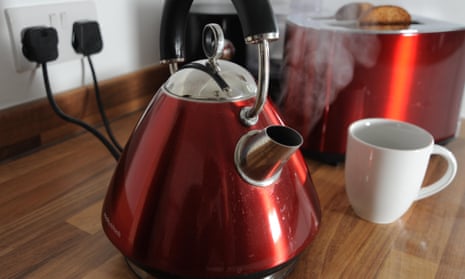Households using standard energy tariffs to buy their gas and electricity could soon be automatically moved on to cheaper energy deals under proposals put forward by the UK government.
The plans could result in millions of households on standard variable energy tariffs being switched to better-value energy deals unless they choose to opt out of the proposed scheme, which will be put to an industry consultation in the spring.
The government will also consult on an opt-in scheme that would require households to actively choose to be part of a scheme that moves homes to a new deal as part of a collective switch.
At the same time, officials will work with the industry regulator, Ofgem, to stop bill payers rolling back on to standard variable tariffs at the end of a fixed-term energy contract, to prevent homes returning to the default tariffs.
Standard energy tariffs are often referred to as a loyalty penalty because they are typically more expensive than competitive fixed-rate deals designed to win over customers from their existing energy supplier.
The shift to automatic switching would be the government’s boldest step to intervene on energy bills after it legislated to keep a lid on standard variable tariffs through an energy price cap to end “rip off” tariffs.
The government set out its plans to kickstart a fairer energy market as part of an industry-wide overhaul to make Britain’s energy system cleaner and more affordable as we move towards a “net zero carbon” future.
The government’s energy white paper – which sets out major investments in reducing carbon emissions from the energy system – also includes at least £6.7bn over the next six years to support socially vulnerable and fuel-poor homes by opening up its existing warm home discount scheme to more households.
Alok Sharma, the business and energy secretary, said the government will “place affordability and fairness at the heart of our reforms – unleashing a wave of competition so consumers get the best deals possible on their bills, while protecting the vulnerable and fuel poor with additional financial support”.
Industry trials of collective switching have already helped 94,000 homes move to better energy deals, which helped them to save a combined total of £21.3m, according to the government.
Alistair Cromwell, the acting chief executive of Citizens Advice, said “testing new ways to tackle the loyalty penalty is the right approach” to make sure the government’s green industrial revolution is fair.
